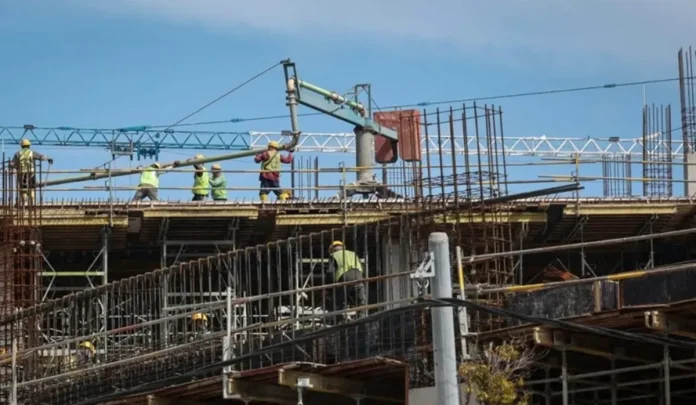ALL construction services are subject to service tax at 6% from July 1 2025.
To a layman, construction services should be confined to only construction-related services. However, the irony here is that if the companies supply both services and goods without segregating services and goods, the service tax applies on the total amount despite the fact the bigger portion relates to goods supplied and the services portion may be very small.
Another problem for construction companies is that the coverage of construction services is extremely wide. It includes construction, extension, installation, repair, renovation, relocation, modification, alteration, refurbishment or demolition, including facility management during the construction period, of any built structure such as houses, offices, hotels, roads, bridges, jetties, airports, and others.
For guidance on the extensive coverage of construction work services, refer to the guide issued by the Royal Malaysian Customs Department (RMCD) on June 9 2025, available on the MYSST website.
The challenges
There will be ambiguous circumstances where a contract can be viewed as a provision of services or provision of goods, in which instance a decision has to be made whether the sale will be subject to service tax or sales tax and there may be instances where a particular contact will be subject to both sales tax and service tax on different components of the contract.
The bottom line in deciding which tax to apply will be highly dependent on the wordings of the contract and the true intention of the parties.
This is an industry where the main contractors require assistance for services and goods from many sub-contractors and professionals to complete their contract. The business-to-business (B2B) exemption is very important to this industry. Without the B2B exemption, the costs will cascade upwards to the main contractors who will finally bear the cost or will pass on the cost to the owner or developer of the properties. This exemption will be available provided the services are purchased from another Sales and Service Tax-registered contractor under the same group (L).
However, there may be many service providers such as architects and specialist consultants who may be registered under another group, example Group G. In such instances, the B2B exemption is not available. There is an exception made for contractors who provide “design and build” services. Here, such contractors although they are in different groups for SST purposes can avail the B2B exemption.
The problem around reviewable contracts which was prevalent during the Goods and Services Tax (GST) era is popping up again. There are now GST case laws that are established and the contracts are only reviewable if there are clauses in the contract that allow changes to be made to the consideration; otherwise, broadly, the contracts are non-reviewable.
However, RMCD may not concur with the position. An example would be where there may be a clause dealing with the introduction of new taxes in which event the parties are allowed to collect the new taxes from the payer. This is not a situation where the consideration has changed.
The expansion of the scope of SST to cover construction services is not an introduction of a new tax but merely expanding the scope of an existing tax and it is imposed on top of the consideration agreed between the parties. In this situation it should not be regarded as a reviewable contract. However, this is a matter that will only become clearer with future case law decisions.
The way forward
RMCD needs to be complimented for the comprehensive guide dealing with the issues such as the contracts spanning between pre- and post-July 1, retentions sum, liquidated damages, defect liability etc. The frequently asked questions provided by RMCD is also helpful. However, many more questions need to be answered and this can only be done by RMCD if the taxpayers write in to the department about their specific problems.
Taxpayers should be encouraged to write to RMCD and to the Ministry of Finance on the issues which they are unclear as each contract can have very peculiar circumstances which will not “fit in the box”.
This article is contributed by Thannees Tax Consulting Services Sdn Bhd managing director SM Thanneermalai (www.thannees.com).








